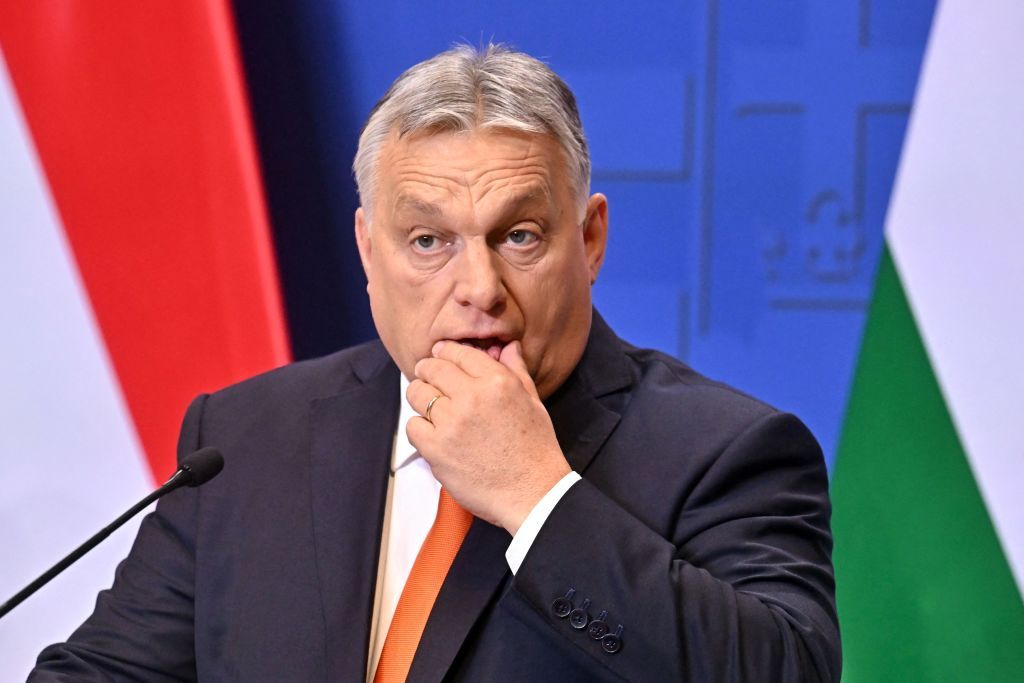Hungary denies involvement in Ukrainian POW transfer, Ukraine's intelligence says otherwise

Hungary's Foreign Minister Péter Szijjártó denied his government's involvement in the transfer of 11 Ukrainian prisoners of war from Russia to Hungary, the Index news website reported on June 20.
"I think it is good news that they are free and that there were consultations between church and religious organizations, where the Hungarian state was absolutely not involved," Szijjártó said at the Parliamentary Assembly of the Council of Europe in Strasbourg.
"These people (Ukrainians) were released, and now they are free, they can move freely in Hungary and do whatever they want. If they want to contact Ukrainian authorities, they can do so freely, I guarantee this," he added.
However, Ukraine's military intelligence (HUR) told Radio Free Europe/Radio Liberty that based on the information of the prisoners' relatives, they had not been released.
On June 19, Ukraine's Foreign Ministry demanded consular access to the POWs, saying they are kept in isolation, have no access to open sources of information, and can communicate with their relatives only in the presence of "third parties."
The Russian Orthodox Church announced a plan to transfer a group of captured Ukrainian soldiers of "Zakarpattia origin" to Hungary on June 8 without involving Ukraine's authorities.
Ukraine's westernmost Zakarpattia Oblast is home to roughly 150,000 ethnic Hungarians, of which more than 400 serve in the Ukrainian military.
Hungarian Deputy Prime Minister Zsolt Semjén confirmed the plan on June 9, claiming the Ukrainian soldiers are already in Hungary as "free people."
According to RFE/RL, the transfer was conducted between the Kremlin-backed church and Semjén without the knowledge of higher-ranking Hungarian officials, including Prime Minister Viktor Orbán and Szijjártó.
Ukraine's authorities said they were not notified of the plan nor the prisoners' whereabouts. The military intelligence spokesperson Andrii Yusov however revealed that Kyiv has obtained an unconfirmed list of the POWs.
According to international law, the transfer should have to be mediated by the International Committee of the Red Cross, Yusov added.
HUR reportedly knew about the plan before it was officially announced. Kyiv requested Hungary for information on the transfer, but Budapest denied it. In spite of Hungary's claims, the Ukrainian military intelligence said it had proof that Budapest was aware of the plans.
"There was a request from Hungary, specifically regarding POWs. We can confirm this with documented evidence," Yusov said.
Russian authorities have not commented on the transfer.
According to Ukraine's Foreign Ministry spokesperson Oleh Nikolenko, Hungary's acts can qualify as violations of the European Convention on Human Rights.
The European Commission has also turned to Hungary with a request for an explanation.
"Russia must comply with its obligations under international humanitarian law and ensure that prisoners of war are treated humanely in all circumstances in accordance with the Geneva Conventions and not put their lives in danger," European Commission foreign policy spokesperson Peter Stano said.












